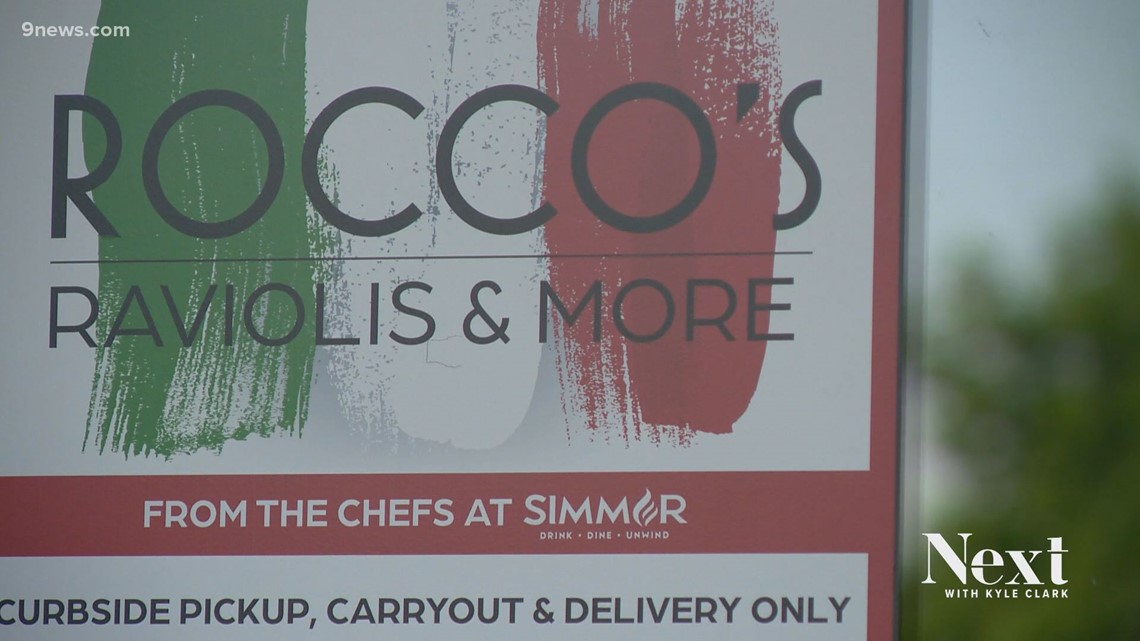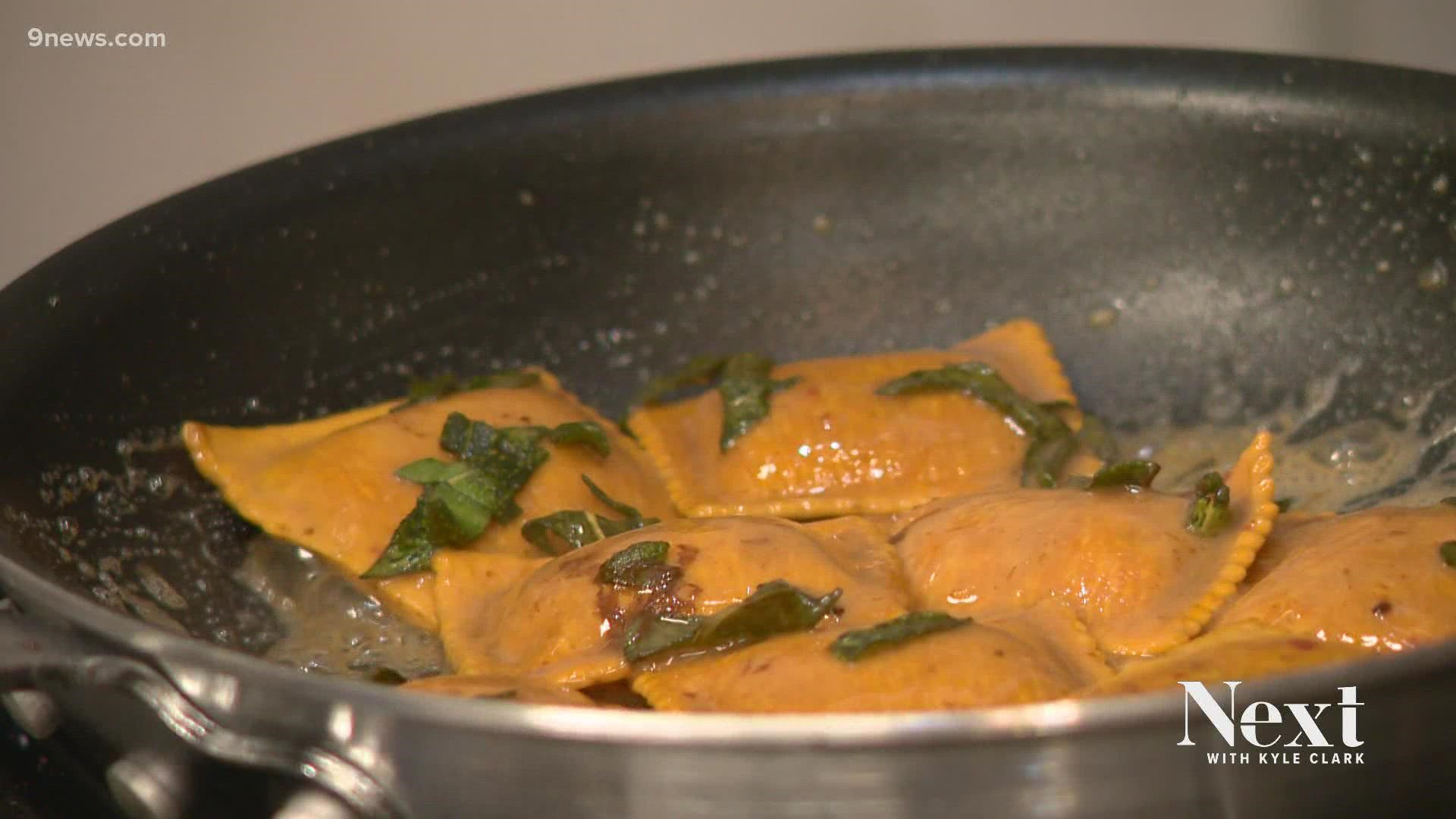FORT COLLINS, Colo. — When the COVID-19 pandemic closed the dining room of his restaurant last spring, Steve Lauer had to get creative.
So, he tried a concept that gained a lot of popularity during the pandemic: opening a ghost kitchen inside Simmer, his restaurant in Fort Collins. He calls it Rocco’s Ravioli, a delivery and carryout-only restaurant that serves a line of ravioli dishes.
“We had to find a way to increase sales during the COVID pandemic period when we didn’t have a full dining room,” Lauer said. “It was a huge impact for us when we were down 60, 70, 80 percent with the nicer environment in the worst times of COVID.”
But long after patrons returned to Simmer’s dining room, Rocco’s is still serving ravioli to-go. Lauer said the concept really caught on.
“We’re looking to actually expand and improve on the operations and be ready for the increase that we’re going to see this fall and winter,” he said.
It’s difficult to know how many of the restaurants exist in Colorado. The Colorado Restaurant Association said it doesn’t keep track. Health departments and licensing arms for local city governments don’t offer specific licensing for ghost kitchens. Some estimates have found as many as 1,500 of them may exist in the U.S., and according to Eater, market research firm Euromonitor estimated ghost kitchens could be a $1 trillion business by 2030.


“There are people here who are running three different restaurant concepts out of one kitchen and you wouldn’t know from the website that it’s all coming out of kitchen A,” said Jeff Miller, an associate professor of hospitality at Colorado State University, who has researched the topic since the beginning of the pandemic.
“A ghost kitchen is a kitchen that operates like you think of a restaurant but there’s not front of the house. All the things that are going on are going on in the kitchen. The food is prepared, and it’s delivered to the customer.”
Miller said ghost kitchens existed before the pandemic, but his research was unable to uncover when the first ghost kitchen opened.
“The pandemic in a sense was a perfect storm for this concept,” he said.
Though he believes the pandemic may have marked the peak for new builds of ghost kitchens, Miller doesn’t believe they will go away when the pandemic does.
“I think people really saw the benefit of this as customers,” he said. “I can get really high-quality restaurant food. I can get it delivered to my house or I can pick it up.”
Lauer saw the benefit as an owner. He said profits from Rocco’s Ravioli have been paying the rent for his sit-down restaurant Simmer.
“It’s simple to operate in the kitchen, it really causes us no heartache on labor or prep so it really doesn’t tax the restaurant,” he said.
“It’s done wonders for this restaurant and it’s almost like this restaurant can’t afford to lose this ghost kitchen.”
Contact 9News reporter Steve Staeger with tips about this and any story by e-mailing steve@9news.com.
SUGGESTED VIDEOS: Full Episodes of Next with Kyle Clark

